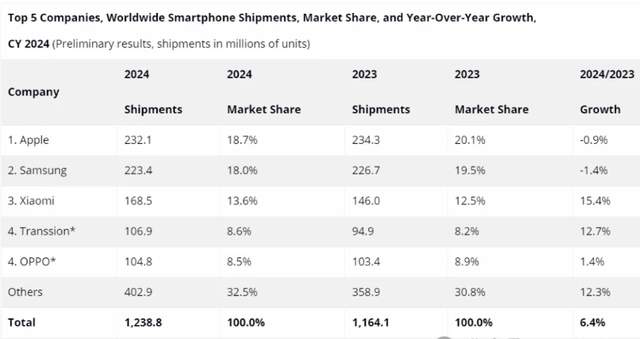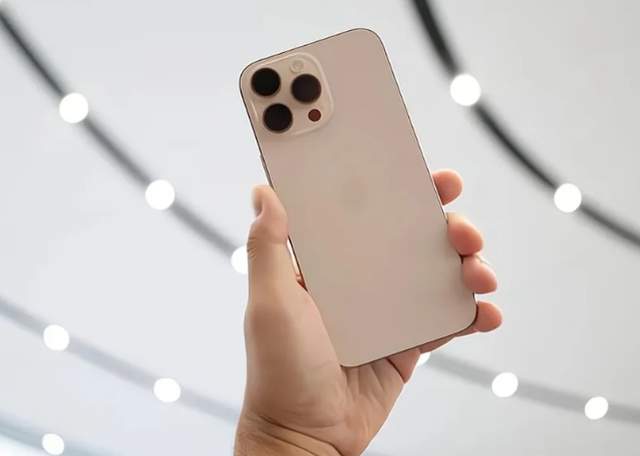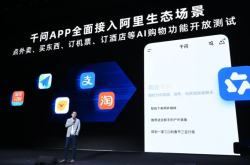Samsung Falls from Global Smartphone Throne After Losing China for Two Consecutive Years
![]() 01/19 2025
01/19 2025
![]() 607
607
Samsung mobile phones remain a formidable force, a fact undeniable to anyone.
Without praise or criticism, it's evident that early domestic mobile phone manufacturers drew heavily from Samsung and Apple in their smartphone designs, with varying degrees of influence.
At its zenith, Samsung commanded nearly 40% of the Chinese market share.

However, the Note7 battery explosions coupled with Samsung's inadequate response saw its reputation plummet, resulting in a continuous decline in the Chinese market. From a peak of 40% to below 1%, its presence became almost negligible.
Despite this, Samsung continues to be a global powerhouse. Since 2011, Samsung mobile phones have consistently ranked first in the global smartphone market, earning it the moniker of the true king, even without the world's largest market, China.

Nonetheless, Samsung's position is currently unstable. In 2023 and 2024, it lost its global number one spot for two consecutive years.
As per IDC's 2024 data, Samsung was once again outpaced by Apple, with a market share of 18% compared to Apple's 18.7%, a 0.7% lead.
In 2023, Samsung held a 19.5% share, while Apple's was 20.1%, a 0.6% difference. Apple has now surpassed Samsung for two years running, securing the global number one position.

Examining the third, fourth, and fifth positions, particularly Xiaomi, reveals a steady increase in market share. Xiaomi grew by 16.4% last year, achieving a 13.6% share, just 4.4% behind Samsung.
Clearly, after years of losing the Chinese market, Samsung's grip on the global number one spot is tenuous, especially considering China's size, accounting for approximately 23% of the global market.
Previously, Samsung's competitors were less formidable, allowing it to maintain a high global market share despite missing out on China. However, Chinese manufacturers, leveraging their home market, are now competing globally with Samsung, while Samsung solely relies on the global market, making it increasingly challenging to compete.

Moreover, with smartphone innovation stagnating and all players reaching a plateau, the differences between devices are diminishing, and the advantages of domestic phones are becoming more evident. Consequently, Samsung's performance naturally suffers.







